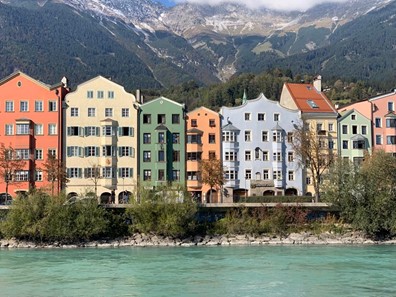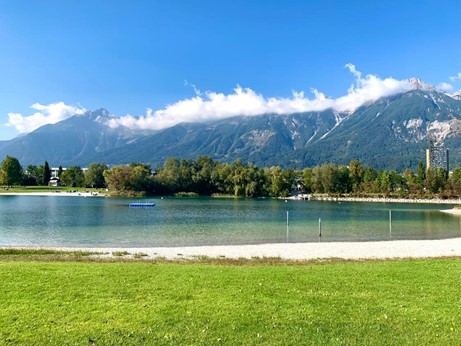Planning your vacation period can mean weighing up an endless list of opportunities all offering great experiences in a variety of different domains. The hard part really comes when narrowing down exactly what you want to do and, more importantly, where.
Working abroad is an appealing option for those of us excited to escape the UK and venture further afield in search of something new and experiencing a new culture first-hand is an exciting prospect. Working abroad brings a variety of benefits, not only in being able to add to your CV and boost your skills, but also the prospect of having a guaranteed wage each month as a student might just be the cherry on top (I know how tight money can get!)


How to find work abroad
There are plenty of resources we have at our disposal for finding a placement in another country. Our very own Durham Careers services advertise hundreds of internships each year, many of which offer the promise of time spent overseas. If you don’t find anything that tickles your fancy, then you can check out Going Global. The university has a subscription to this international job seekers’ paradise which allows you to search specific countries and languages as well as certain job fields. It truly is a holy grail for all things internships.
Seasonal work in the EU
I’m sure we all know of someone who has done a short stint abroad and has come back on cloud nine, recounting interesting stories about their time overseas. Well, now it’s your turn! As students, we are blessed with long-term breaks which means that in between all of that grueling revision and essay writing you have the perfect opportunity to get out there and work a few shifts elsewhere. You don’t have to look too far to find some great opportunities, many of which will be just a couple of hours’ flight from home.
To work in the EU post-Brexit, you will need to organise a work visa. This is a really important factor to consider and if you are caught working without a visa you may face a permanent ban from the EU which would definitely scupper any future travel plans in Europe. The FCDO website has a list of every country in the world and their visa requirements which is a great starting point when looking at where to spend your summer.


A popular choice amongst students is undertaking a ski season. Whether you are a seasoned ski professional or a complete newbie like me, there are definitely plenty of roles available. Between chalet hosting and ski instructing, you will have plenty of time to get out and enjoy the mountain lifestyle and the occasional apres-ski. With the Alps spanning the width of most of western Europe, you are really spoilt for choice.
For the language students amongst us, you can easily justify a trip up the gondola as good language practice, which is technically very true! I spent most of my year abroad in Innsbruck, Austria and whilst the Alps provided a stunning backdrop, they were also a great learning environment as I had the opportunity to practice lots of German and also get acquainted with the local Tyrolean accent. Austria is a great place to work as their labour laws are highly regarded throughout Europe and with high salaries, commuting allowance and lots of paid annual leave most students are highly satisfied with their time there.
Preparing for work in the EU
Making sure you have everything in order before you start your new role abroad means you have the best possible start to your new adventure. Each country in the EU has its own rules and requirements for getting a visa and/or work permit, and this is an important step to make sure you stay on the right side of the law! Austria requires a National D visa or Red-White-Red Card depending on your length of stay. You will first have to be accepted to the job and then take lots of documents to the embassy in London such as your passport, proof of health insurance, proof of accommodation and a declaration from your employer. It sounds like a complicated and scary procedure, but I promise it’s not. I spent about 20 minutes in the embassy at what looked like a post office counter and 3 days later my passport arrived back at my house! So, although it was a flying visit, I did get a nice little day out in London. The British Embassy’s BritsinGreece Facebook page explains how to prepare for a summer job in Greece.
FCDO Travel Advice has some great country specific information regarding entry requirements, visas and travel insurance. Healthcare is also an important consideration- you should also check the Living in guide for the country you are considering working in for more advice about healthcare now the UK is no longer in the EU. If you are working in the EU and making social security contributions to an EU country then your G/EHIC will not cover you.









